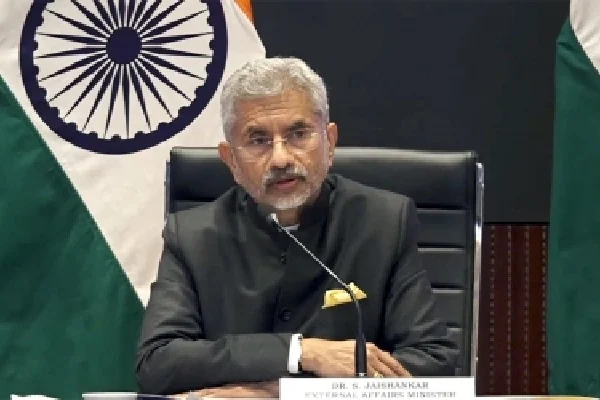The upcoming Jewar airport in Uttar Pradesh, which serves the Delhi-National Capital Region (NCR), is poised to gain a significant advantage due to a considerably lower value-added tax (VAT) on aviation fuel compared to the existing airport in Gurugram, Haryana. While the Gurugram airport charges a VAT of 25% on aviation turbine fuel (ATF), the new Jewar airport is expected to impose a VAT of about 1%. This substantial reduction in VAT on ATF could significantly benefit airlines operating at Jewar airport, as fuel costs constitute a major portion of their total expenses.
Christoph Schnellmann, CEO of Noida International Airport Ltd (the operator of Jewar airport), emphasized the importance of lower VAT on ATF, stating that it is a crucial factor for airlines as fuel constitutes the largest portion of their profit and loss statement. Lowering such costs could contribute to reducing travel expenses for passengers, making air travel more affordable. Schnellmann highlighted the sensitivity of air travel pricing, emphasizing the potential positive impact of reduced fuel costs on overall travel costs.
The civil aviation ministry in India has been actively urging state governments to consider reducing VAT on aviation fuel. As part of these efforts, 19 states and union territories have already implemented reductions in the tax rate. Uttar Pradesh, where Jewar airport is located, notably reduced the VAT on ATF from 21% to 1% in 2022. This reduction positions Jewar airport as an attractive choice for airlines seeking cost advantages.
The first phase of Noida International Airport is expected to be operational by the end of 2024, featuring one runway and one terminal with a capacity to handle 12 million passengers annually. The airport, located about 72 km from Indira Gandhi International Airport in New Delhi, has garnered strong interest from both domestic and international airlines. IndiGo, India’s largest airline, has been announced as the launch carrier for Jewar airport, and other carriers like Akasa Air and Air India Express are also considering operations from the new facility.
Airlines operating from Jewar airport anticipate the benefits of the lower VAT on ATF to be passed on to passengers in the form of reduced airfares. The competitive advantage of lower fuel costs is expected to make Jewar airport an attractive choice for airlines and passengers alike. Analysts predict that the reduced VAT at Jewar could potentially influence the Delhi government to consider similar reductions at existing airports to remain competitive.
The Jewar airport, strategically located and well-connected, is poised to play a significant role in the aviation landscape in northern India, providing increased options for airlines and passengers while contributing to the economic development of the region.












